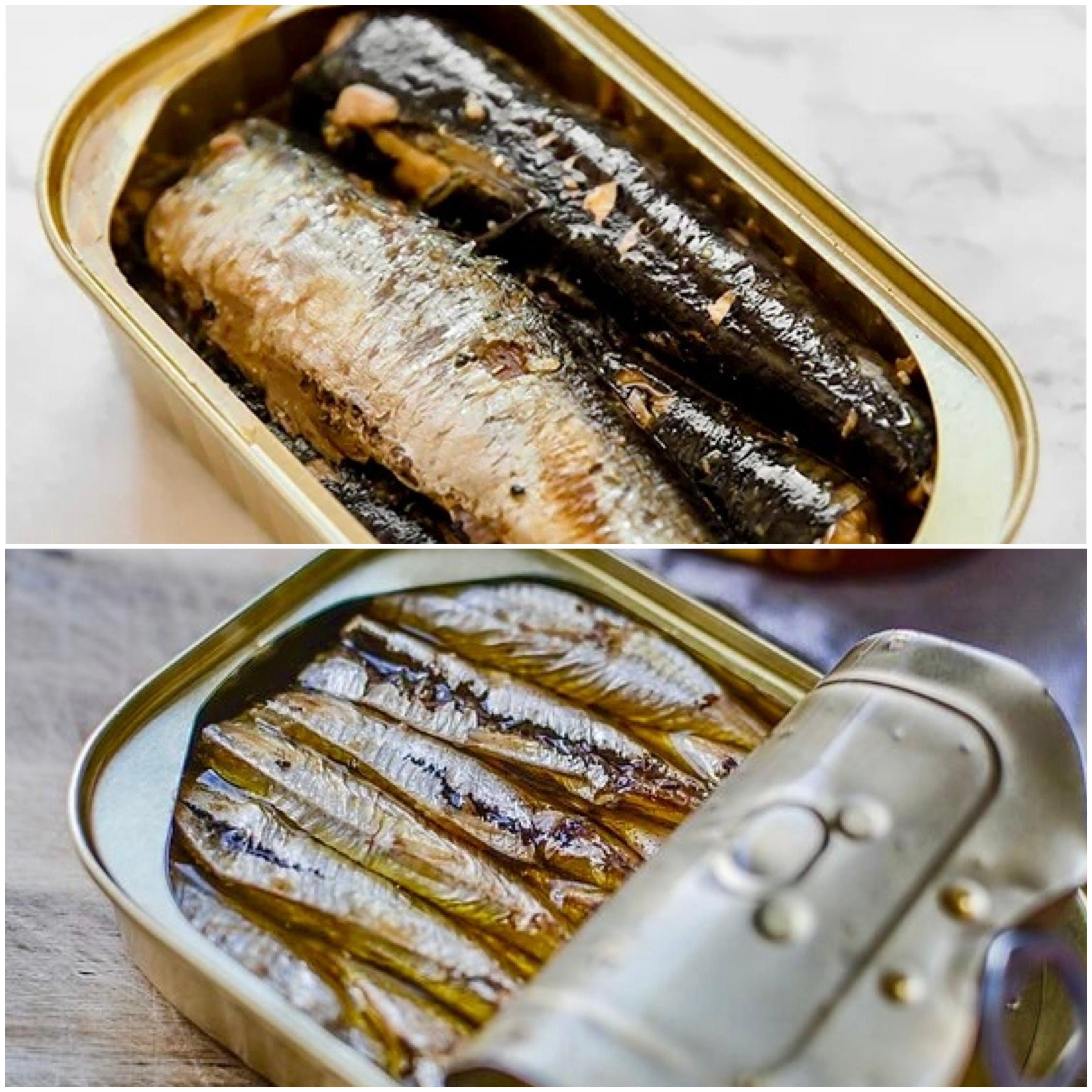
Sprats or sardines? Sprats are not Portuguese sardines!
Do you know the difference between Baltic sprats and Portuguese sardines? Although both of these products are canned fish, their taste, appearance, preparation and culinary uses are as different as night and day. In the following article, we will reveal the main differences between sprats and sardines, help you understand their uniqueness and enrich your knowledge about these sea delicacies.
Sprats or Portuguese sardines: the differences
Sprats are definitely not Portuguese sardines! Sprats in oil and sardines are canned fish products, but when you look closely or taste them, you can see and feel a big difference. Their appearance, taste, preparation, fish quality, fish size, nutritional composition, packaging and culinary uses differ. There are also differences that are not immediately noticeable. Sprats in oil or Portuguese sardines? We invite you to familiarize yourself with the differences between these products.

Sprats
Sprats (Sprattus sprattus) are small fish of the herring family, mostly originating from our Baltic Sea. This fish is traditionally used in the production of canned sprats in Latvia and other Baltic countries.
Taste and texture:
Sprats in oil have a mild, slightly smoky flavor and are usually preserved in sunflower or cold-pressed canola oil. Sometimes they are in sauces or with spices. Small fish with intact head and tail are used in production. Sprats are rich in omega-3 fatty acids, protein, vitamin D and minerals such as calcium. Canned sprats are lower in calories and leaner than Portuguese sardines. All marine life is sensitive to the environment they live in, as are the fish caught for sprat production.
Pollution of the Baltic Sea:
The water in the Baltic Sea is one of the most polluted in the world, due to industrial waste, harmful agricultural practices and urban sewage. Contaminants such as PCBs, mercury and dioxins can accumulate in the body of sprats, which can negatively affect their quality, taste and pose health risks.
Portuguese sardines
Portuguese sardines are caught in the Atlantic Ocean off the coast of Portugal and are one of the staples of Portuguese cuisine.
The taste and texture of sardines:
Portuguese sardines have a rich, bold flavor and a firmer, meatier texture than sprats. Sardines are usually preserved in olive oil or tomato paste and enriched with various natural spices and herbs. Sardines are larger fish than sprats and are canned without heads and tails, sometimes even filleted. Canned sardines always remain full of a real breath of the sea.
Nutrition Facts of Sardines:
Sardines are rich in omega-3 fatty acids, protein, vitamin B12, vitamin D, calcium and iron. They have more calories than sprats due to their larger size and oil content. More information about the benefits of sardines: About sardines
Premium Ingredients:
Portuguese sardines are usually preserved in high-quality olive oil, which enhances their natural flavor and provides additional health benefits. The products are enriched with gourmet ingredients such as lemons, herbs or piri-piri pepper.
Culinary uses of sardines:
Sardines are often used in Mediterranean and Portuguese cuisine . They are added to salads or sandwiches, and are perfect for making pasta and rice dishes. Canned sardines can be grilled, heated in a pan or eaten straight from the can. More recipes with sardines: Sardinele recipes
Impressive packaging:
Portuguese sardines are often packed in colorful paper packages that reflect Portuguese culture and artistry. A can of great fish in a great package is simply the perfect gift for food enthusiasts, giving a sense of Portuguese culinary excellence.
Discover the differences between the Portuguese wonders of the sea and sprats on our website and order online .

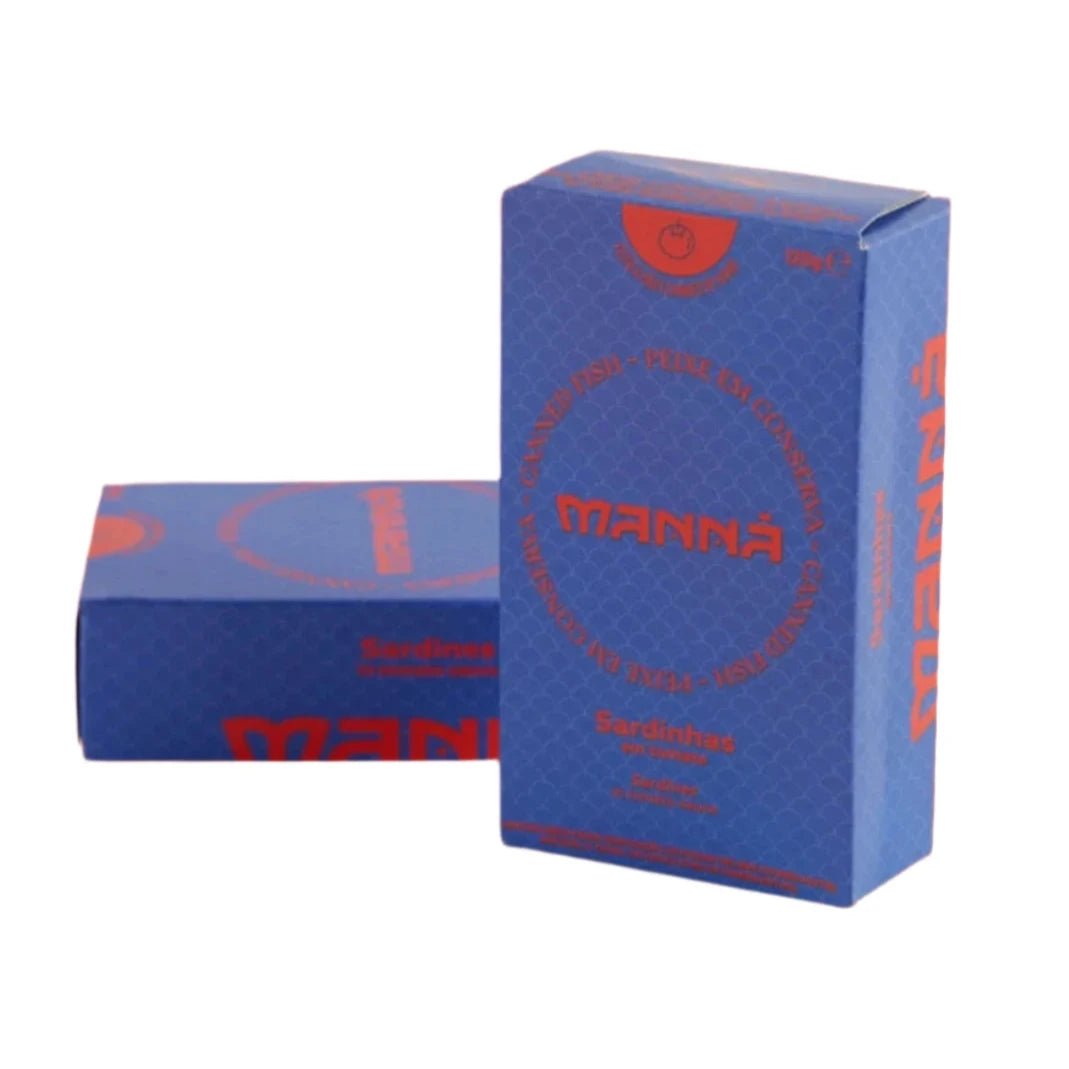
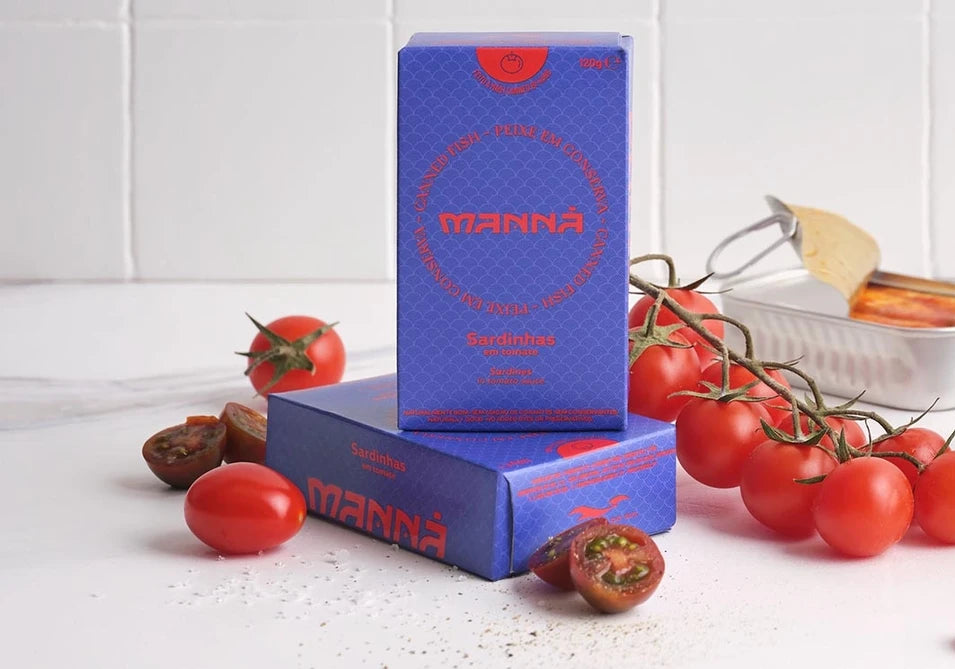
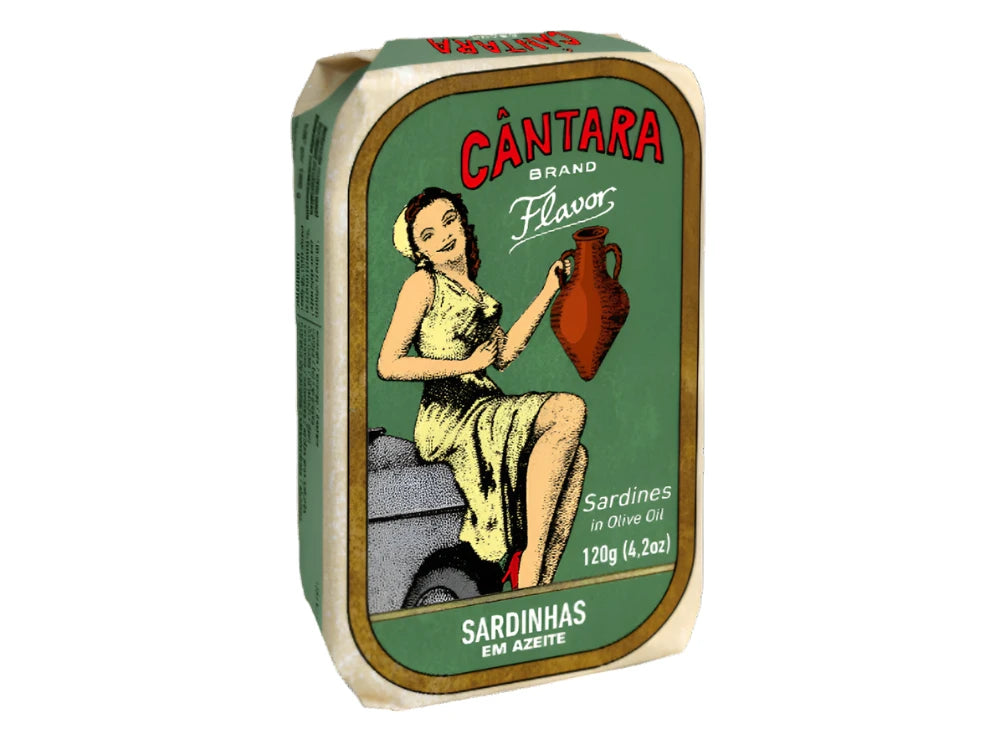
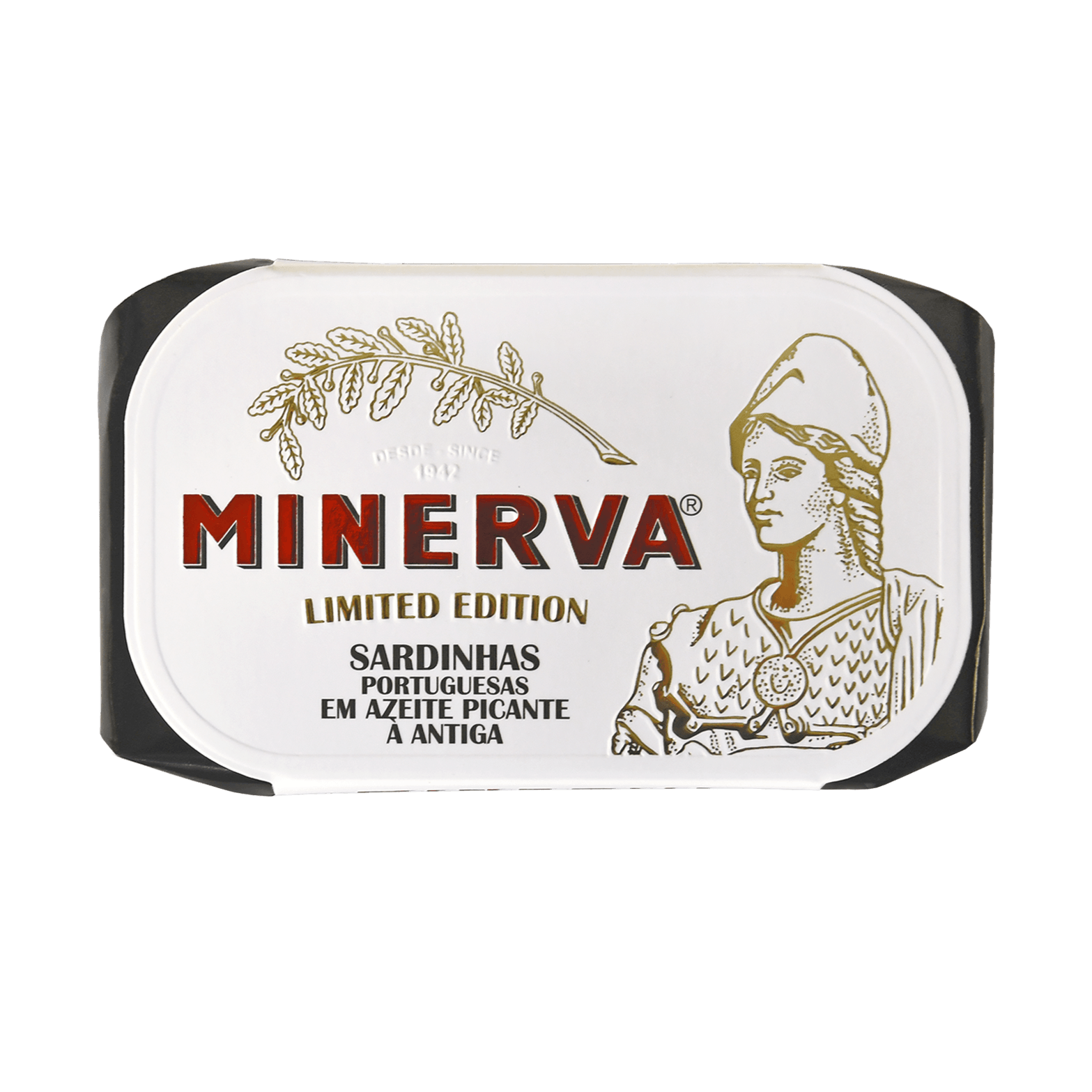
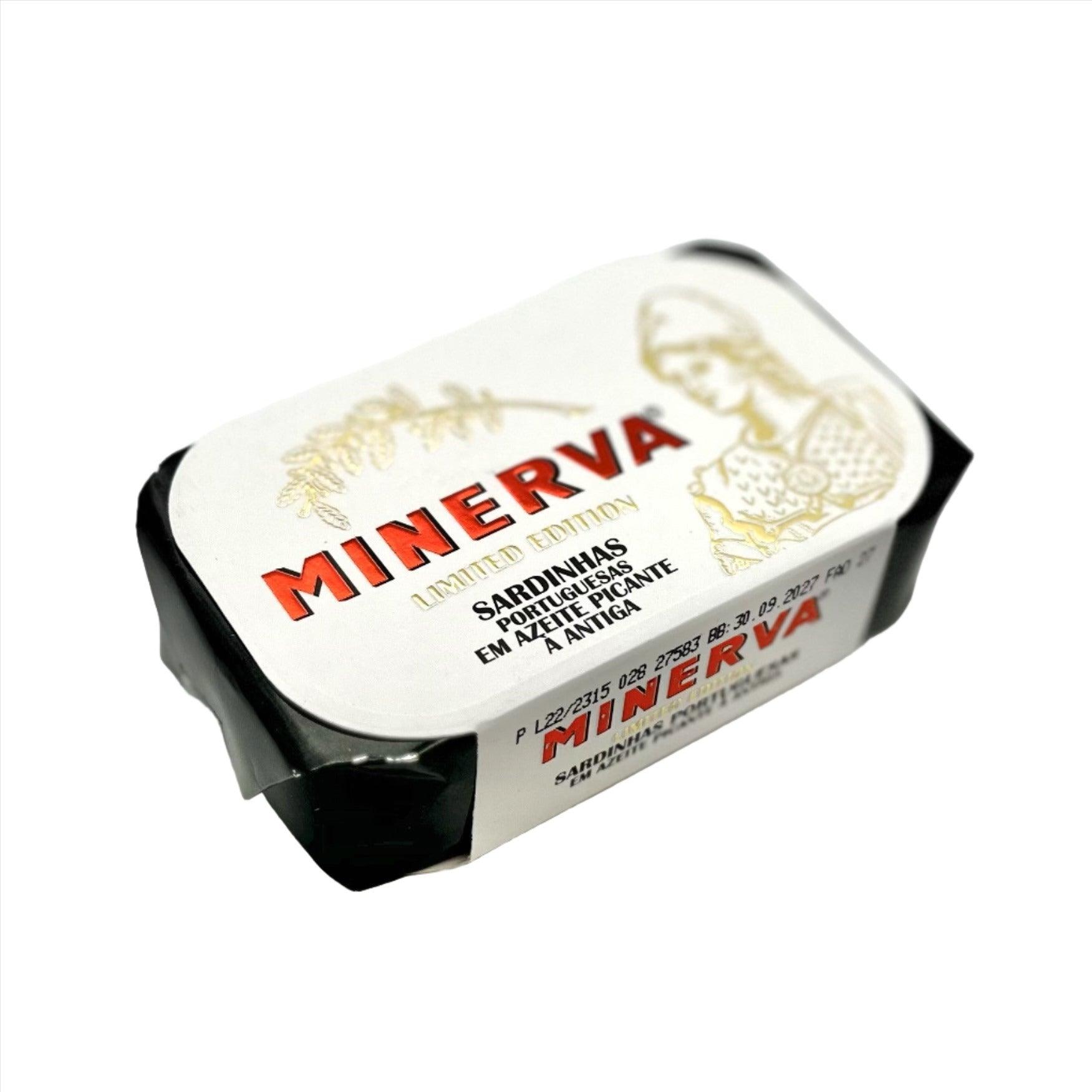
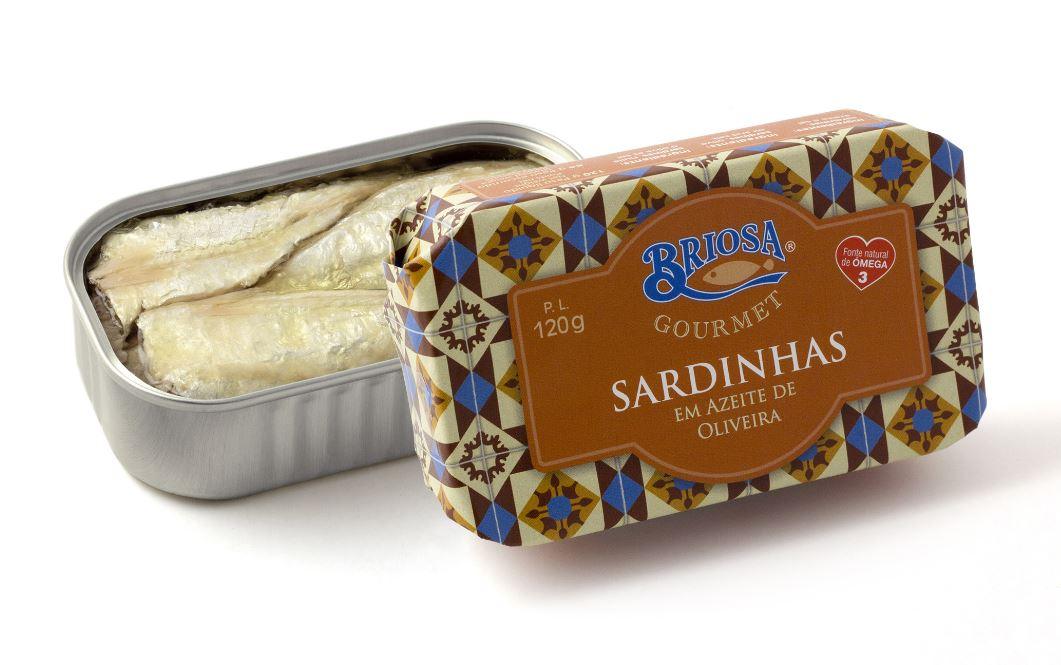
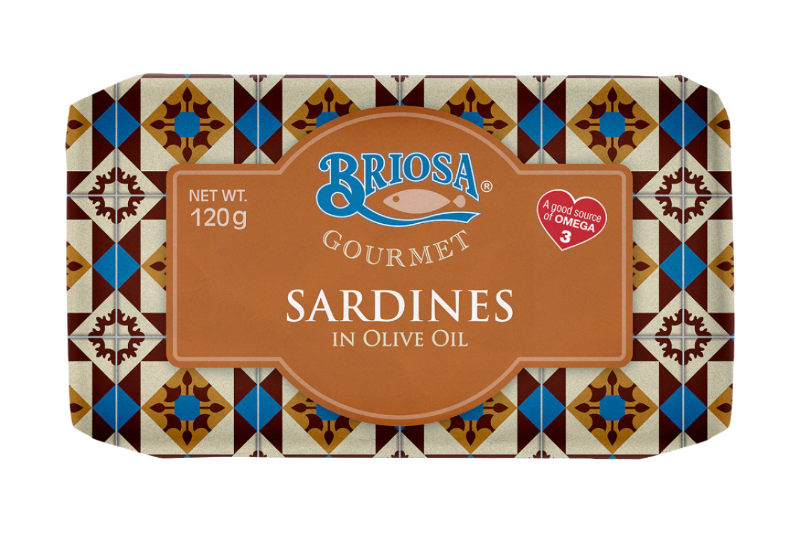
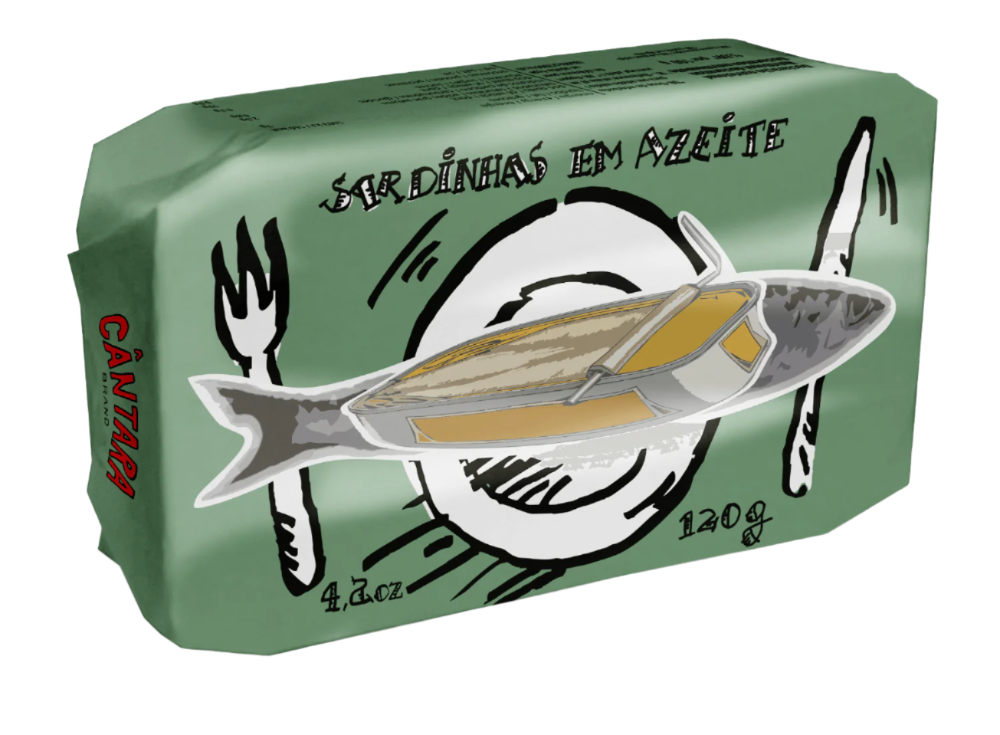
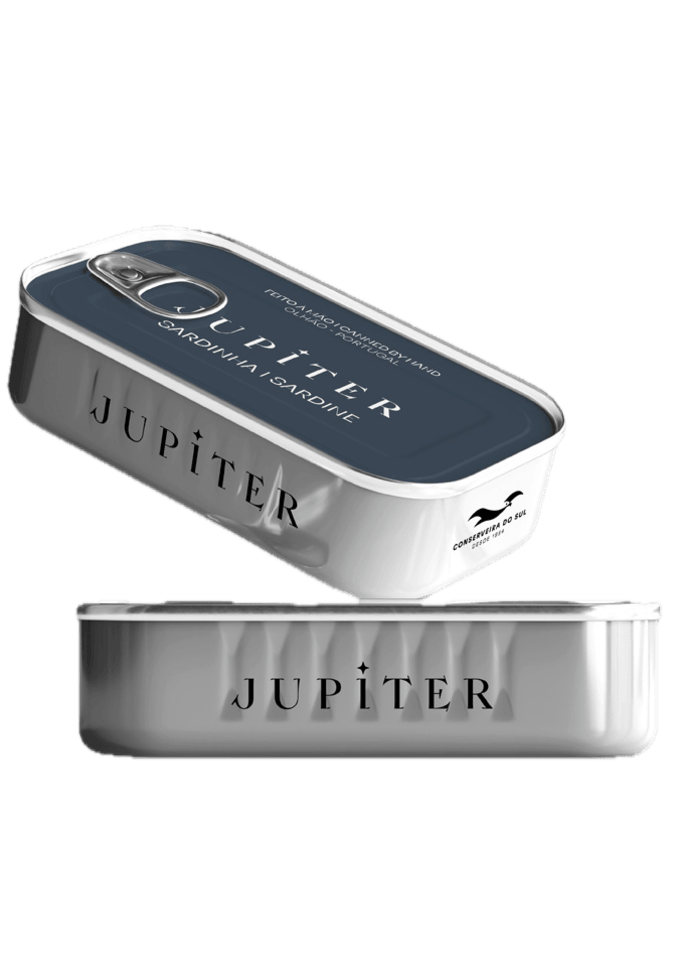
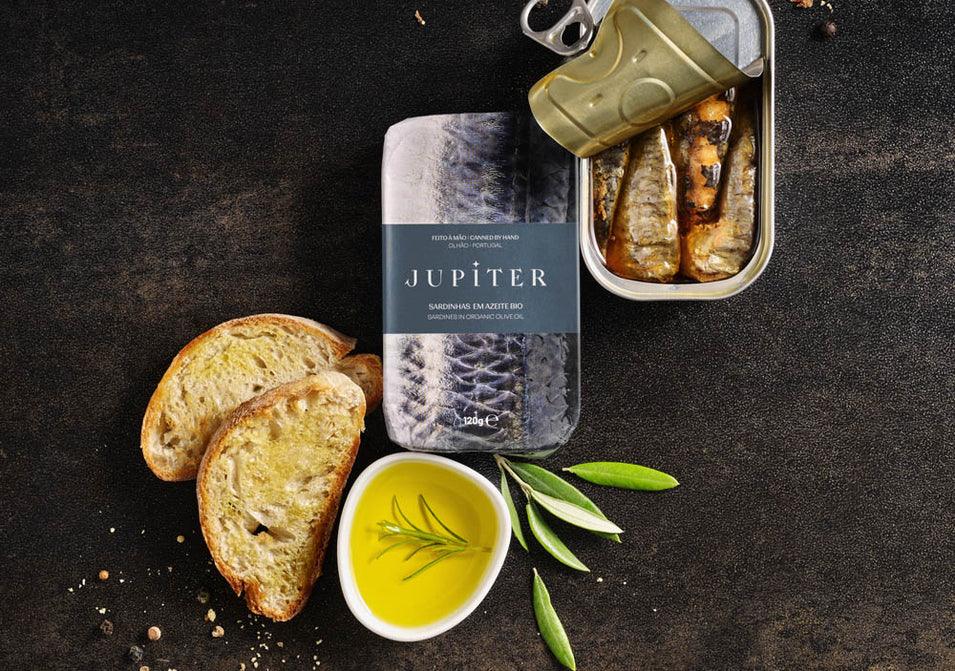
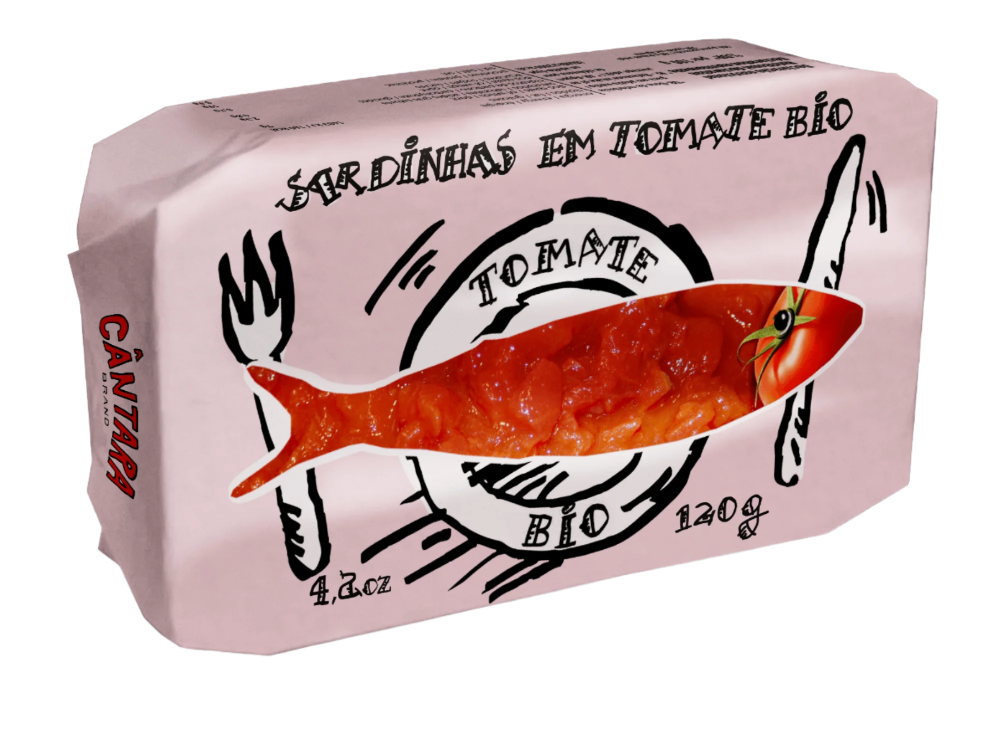
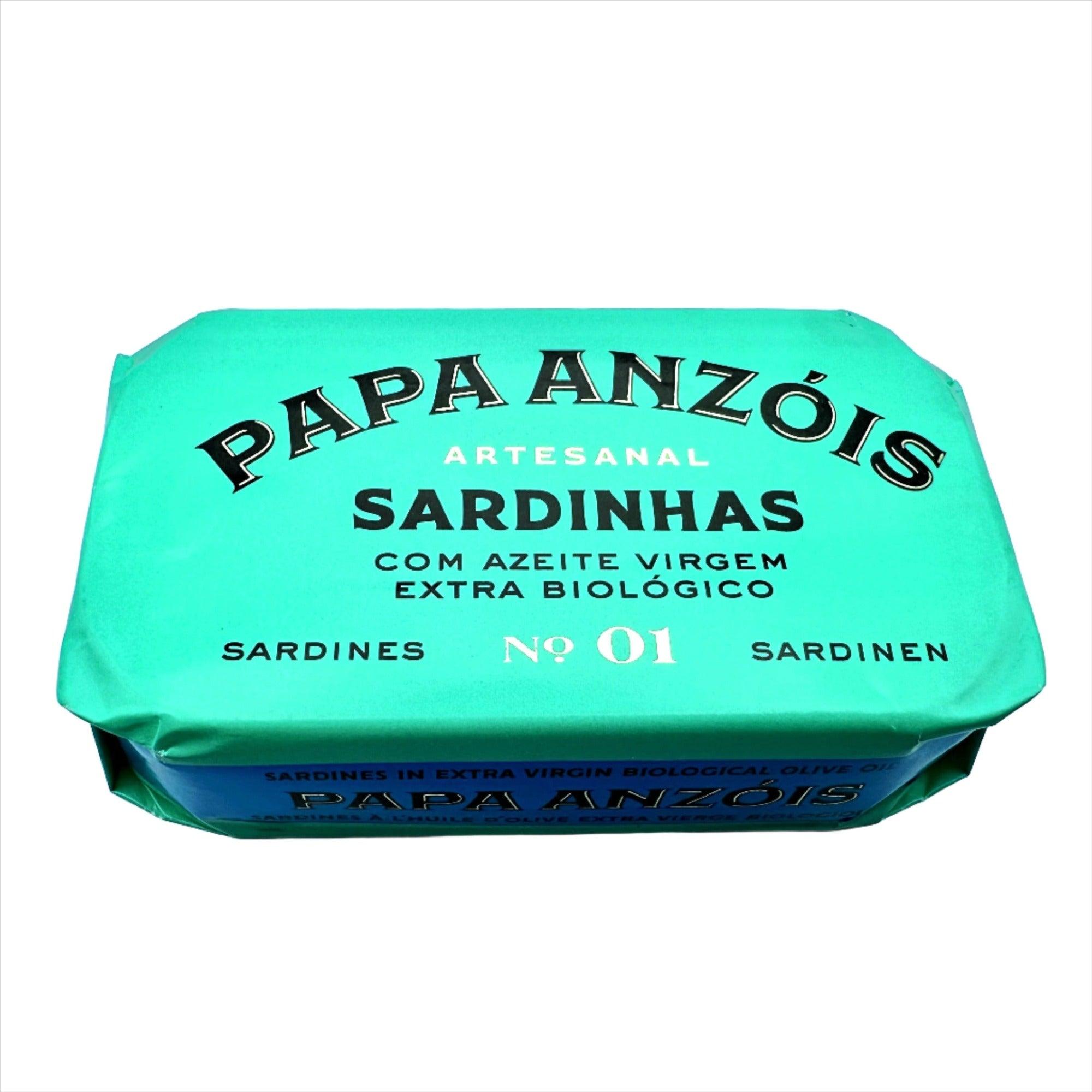
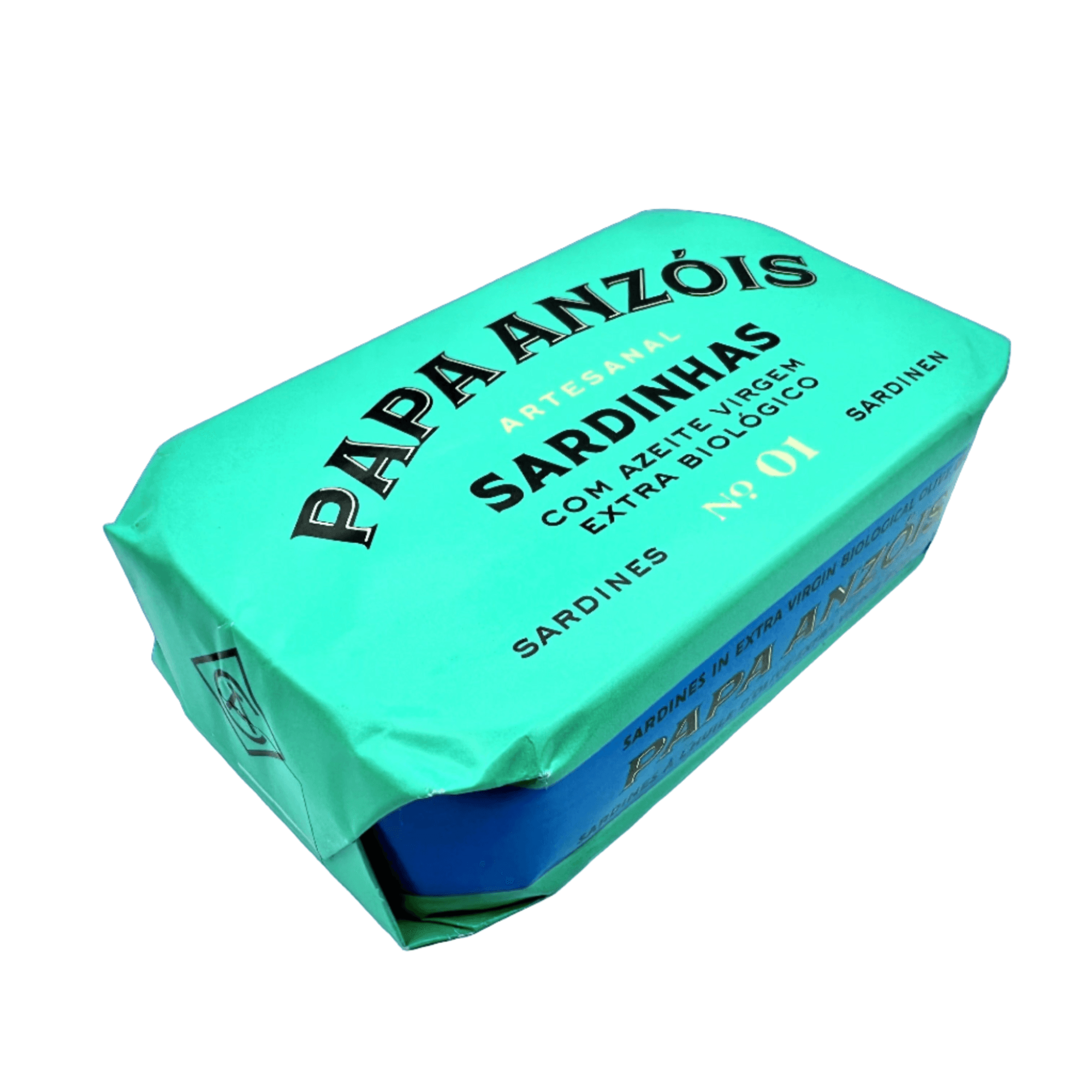
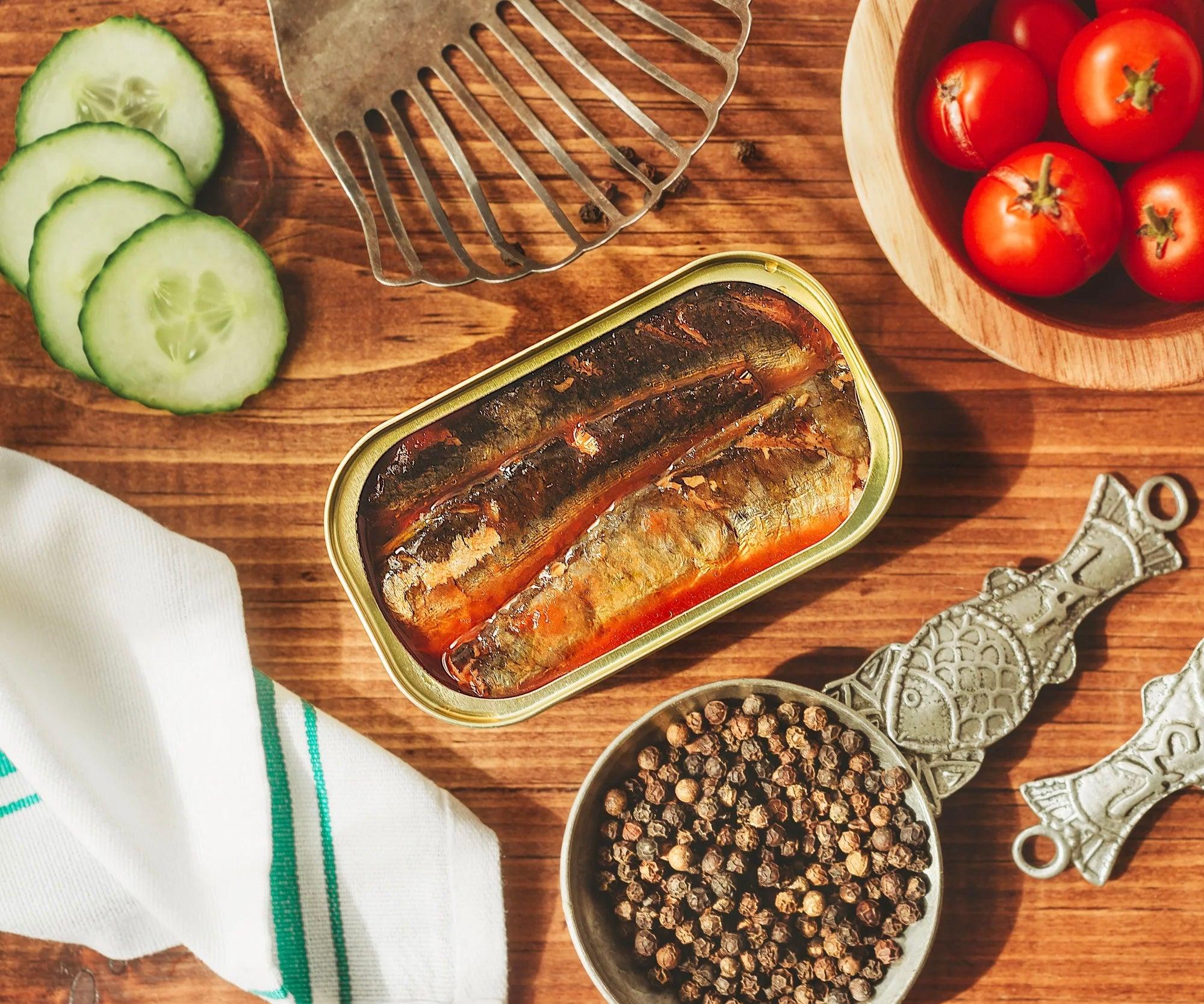
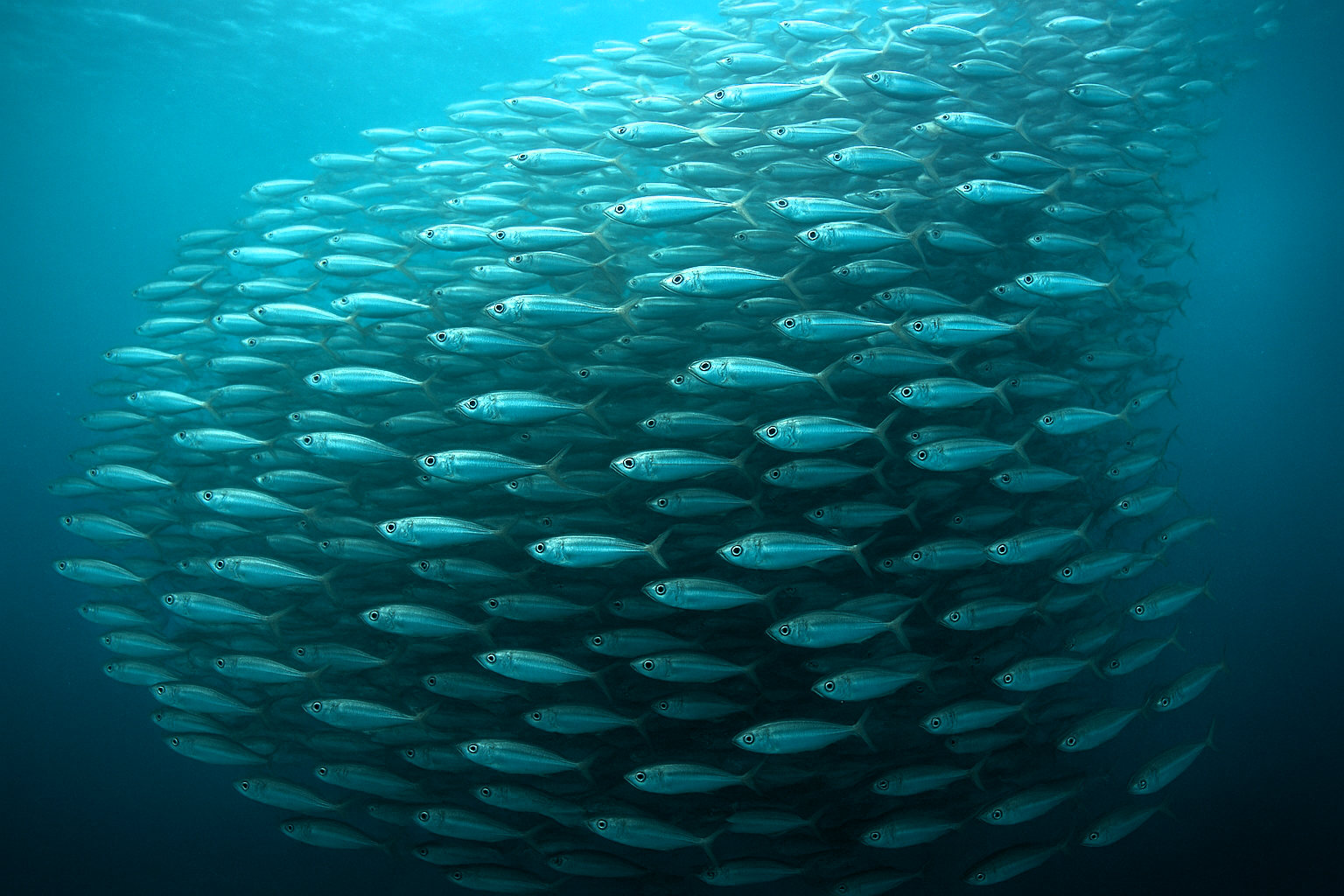
Leave a comment
This site is protected by hCaptcha and the hCaptcha Privacy Policy and Terms of Service apply.